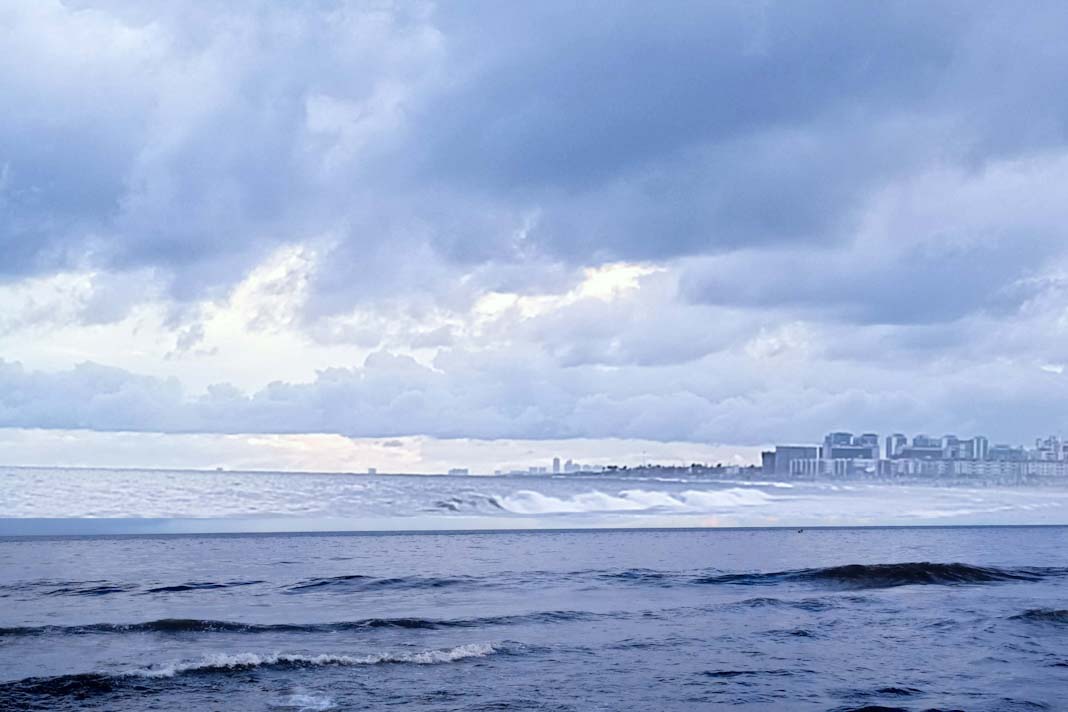- IMO and Norway hosted a symposium highlighting real-world progress in autonomous maritime technologies.
- Industry experts emphasized the need for parallel development of technology and regulation.
- The event reinforced the role of real-life experience in shaping the non-mandatory MASS Code.
- Ongoing collaboration and regulatory clarity were identified as key to the safe expansion of autonomous shipping.
Autonomous shipping took center stage at a recent symposium jointly organized by the International Maritime Organization (IMO) and the Government of Norway. Held at IMO Headquarters on June 17, 2025, the event brought together industry leaders, regulators, and researchers to share insights on Maritime Autonomous Surface Ships (MASS), focusing on real-world applications and the ongoing development of a dedicated regulatory framework. According to a report published by the IMO, the discussions aimed to shape the direction of the upcoming Maritime Safety Committee session.
Real-World Experience Driving Regulatory Progress
The symposium served as a platform to highlight how real-life applications of autonomous technologies are influencing regulatory development. Speakers from various sectors—including maritime authorities, shipping operators, and research institutions—shared updates on small- and large-scale MASS initiatives. These examples demonstrated that autonomous shipping is no longer a concept of the future but a growing part of current maritime operations.
IMO Secretary-General Arsenio Dominguez emphasized the role of these experiences in shaping the non-mandatory MASS Code, aimed at ensuring safety, security, and environmental responsibility. Likewise, Norwegian Maritime Authority Director General Alf Tore Sørheim noted that innovation and regulation must evolve in tandem. This alignment is key to managing the pace of technological advancement while maintaining safety at sea.
MASS Code Development and Future Outlook
The symposium’s five sessions delved into national standards, legislative developments, and class notations linked to autonomous shipping. A consistent message throughout the day was the importance of a robust yet adaptable regulatory framework—one that supports both innovation and operational safety. Speakers stressed that while MASS technology holds significant promise, its successful integration relies on rigorous testing, human-centered systems, and clear international coordination.
The event also underscored the iterative nature of regulatory work. The Chair of the Maritime Safety Committee, Mayte Medina, closed the event by reflecting on how industry input continues to guide the evolution of the MASS Code. She reiterated that the current work will result in a non-mandatory framework designed to enable further learning and gradual adoption of MASS across the maritime sector.
Did you subscribe to our Daily newsletter?
It’s Free! Click here to Subscribe!
Source: International Maritime Organization


















